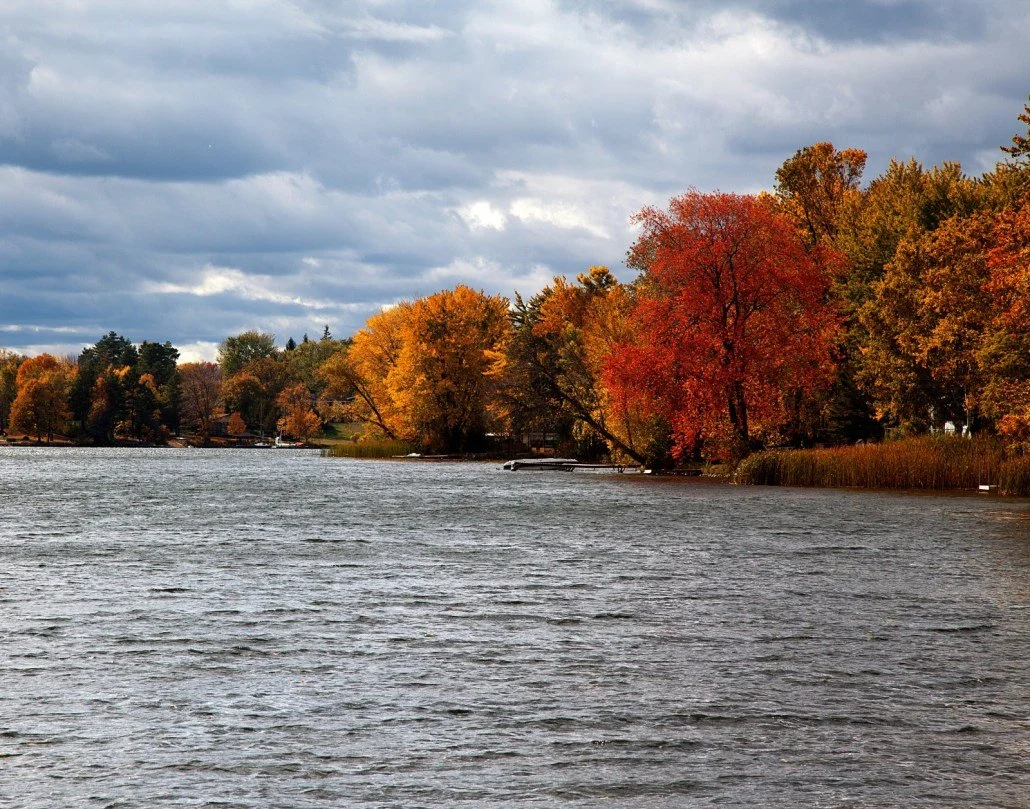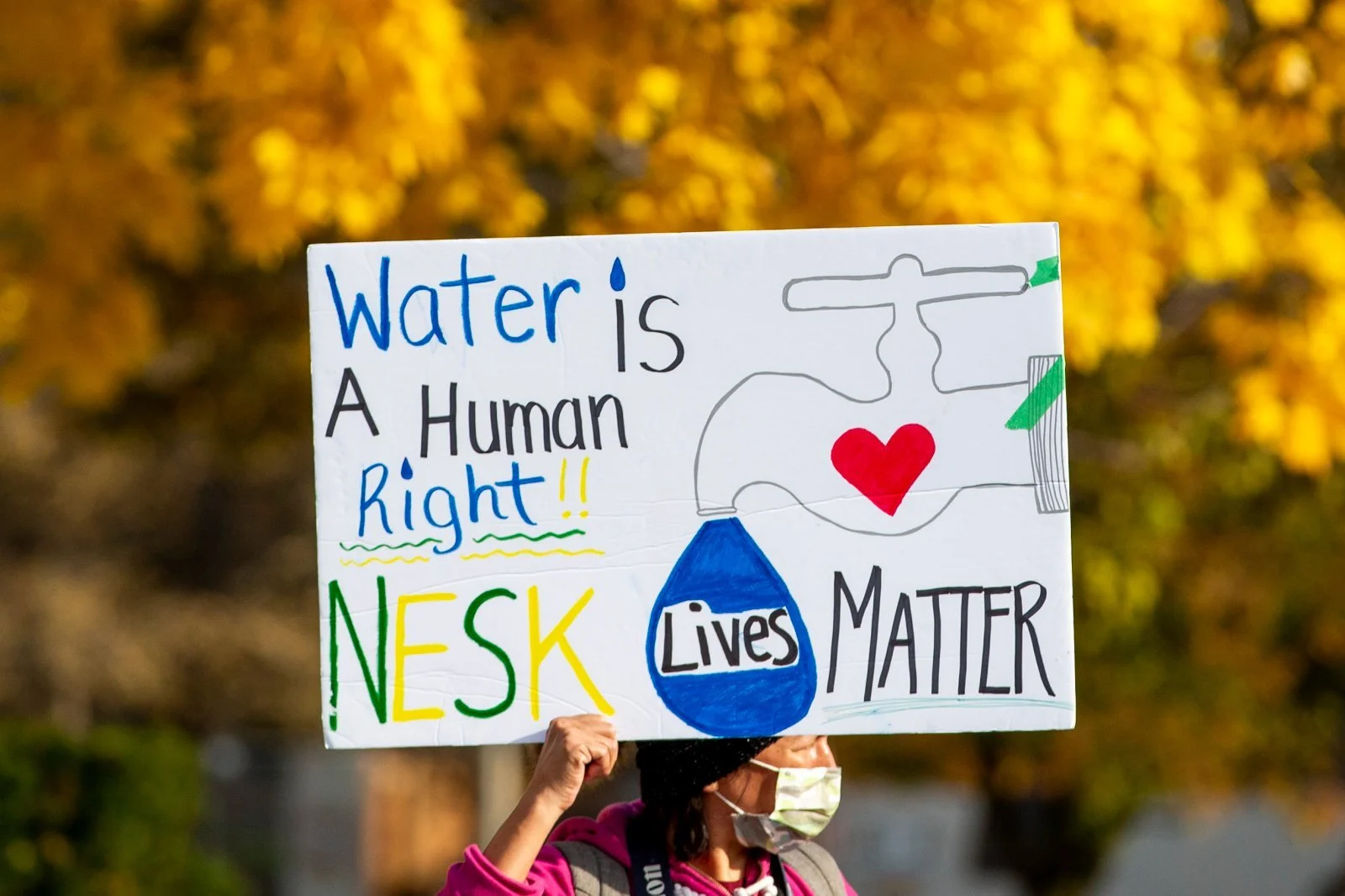The Water Guys North has long been looking after and fulfilling the clean water requirements of Canadian residents. When Darin Lanktree, the founder of The Water Guys North, started working as a professional plumber in the Sudbury community, unmet water filtration needs there caught his attention. Fixing domestic water that had high amounts of iron and hydrogen sulphide became his passion. He took it as his responsibility to provide each Canadian resident with pure and safe water. As a member of the Canadian Water Quality Association and owner of the top Canadian water company, he along with other engineers in the team develops quality, suitable and essential water systems to satiate the diverse and unique water filtration needs of clients.
United States EPA mandates states report on cyber threats to water systems
The Biden administration on Friday said it would require states to report on cybersecurity threats in their audits of public water systems, a day after it released a broader plan to protect critical infrastructure against cyberattacks. The Environmental Protection Agency said public water systems are increasingly at risk from cyberattacks that amount to a threat to public health.
What has happened since Wahta's drinking advisory was lifted? Water systems update
Water services in Wahta Mohawk Territory have seen a lot of improvements recently. With input from the Wahta Mohawks Chief and the director of public works, Wahta Mohawks communications officer Sean Molnar provided information about the community’s water services. Wahta’s water systems include water wells and treatment systems. There are two types of water systems: those owned and managed by Wahta — located in buildings like the Administration Building, Cultural Healing Centre, Nursing Station, Public Works Shop, ICG Building, and rental units — and those owned and managed by private homeowners and businesses.
Manitoba testing community's drinking water for lead
The Manitoba Government is monitoring the drinking water in a number of communities to test for lead. On Tuesday, the province confirmed it is working with water systems to find any lead exposure in Manitoba’s drinking water. This comes after Health Canada created new guidelines for lead in drinking water in 2019, prompting the Manitoba government to adopt the guidelines as the standard. The province also created a lead in drinking water website and developed an operation guideline for water systems. When it comes to lead monitoring programs, the province is prioritizing older, larger water systems that have known or suspected lead services. Lead monitoring was brought into Winnipeg in 2019 and then Brandon in 2021.
https://www.canadaland.com/podcast/776-prairie-poop-bots-floods-and-water-shortages/
Canada might be a water-rich country, but that doesn't mean we don't have problems with water security. This week, we look at water issues in the most arid part of Canada, the Prairies, and see how climate change and city planning are both exacerbating the problem. Did you know during a recent storm the City of Winnipeg released 60 million litres of raw sewage into the Red River? Did you know the City of Morden, Manitoba almost ran out of potable water during the extreme drought last summer?
Fluoride to be added back in to Windsor, Tecumseh, LaSalle water systems Wednesday
After years without fluoride, parts of Windsor-Essex will have the mineral added back into drinking water systems Wednesday. This week, residents in Windsor, Tecumseh and LaSalle will have fluoride flowing into their water systems for the first time since 2013. Fluoride had been added to the water in Windsor for decades, but in 2013, city councillors voted to discontinue its use.
HotSpots H2O: Report Spotlights Funding Gap in Canada’s First Nations Water Crisis
Canada will need to spend significantly more to solve the decades-long water crisis in its Indigenous First Nations, according to a new report from the country’s federal budget officer. The report, published last week, found that the government has allocated more than enough funding to build the necessary water infrastructure. But an additional $138 million is needed annually to allow First Nations to maintain and operate those systems. This would mark a 50 percent increase from planned spending.
What is the truth?
Sometimes, perhaps like you, I wonder what really is the truth behind some stories. Here are some of the things that puzzle me today…and I wonder what is the truth. 73 per cent of First Nations’ water systems are at high or medium risk of contamination. In 2010, the United Nations declared that water and sanitation were basic human rights, acknowledging they are essential to the realization of all other human rights. But if we can build oil lines going through Indigenous land, why can’t we bring water lines to those lands? What is the truth?
Water restrictions in effect for RDCK rural water systems
Starting Tuesday, June 1, stage 1 water conservation measures go into effect for all Regional District of Central Kootenay rural water systems. The measures include: • Watering of lawns (including new lawns), gardens, trees, and shrubs may only be done between the hours of 7 p.m. and 10 a.m. • Watering using drip irrigation, a watering can, and or hand-held hose is permitted at any time.
Government of Canada invests in research to study the effects of contaminants on aquatic ecosystems in Central Canada
The Government of Canada is further investing in research to better inform the protection of our oceans, lakes, rivers and waterways and the many species that call them home. The unfortunate reality is that microplastics and pharmaceuticals enter our water systems due to human activity. This means we must continue to study and understand the threats that our ecosystems face.
How colonial systems have left some First Nations without drinking water
Rebecca Zagozewski, executive director of the Saskatchewan First Nations Water Association, said she has seen contractors save on costs when building water treatment plants on reserves by using obsolete parts and failing to include maintenance manuals, ventilation or chemical rooms, and bathrooms. “Engineering companies will put in their bids obviously as low as they can go,” said Zagozewski.
Government of Canada launches consultation process for new Canada Water Agency
“Through the Canada Water Agency, our government is looking to strengthen collaboration between the federal government, the provinces, territories, Indigenous peoples and other partners to find the best ways to safeguard our freshwater consultations are an important part of this process and I look forward to input from Canadians,” Terry Duguid said in a statement. Mr. Duguid is Parliamentary Secretary to Minister Wilkinson and has been key in the development process. The discussion paper, ‘Toward the Creation of a Canada Water Agency,’ presents key issues and provides an overview of the federal government’s existing activities to enhance freshwater management, and a virtual national freshwater policy forum is planned for January 27 and 28. A series of regional forums will be held in February that will provide additional opportunities to participate in consultations. The discussion paper and additional information can be found at placespeak.ca. Comments can be submitted until March 1.
Saint John says it won't know water system costs until project is done
The City of Saint John will not provide an update on how much its long-awaited "safe, clean drinking water" system will cost. A CBC news right-to-information request reveals that the figure isn't publicly available. The request resulted in 2,100 pages of documents about the project, with most records of price blacked out.














